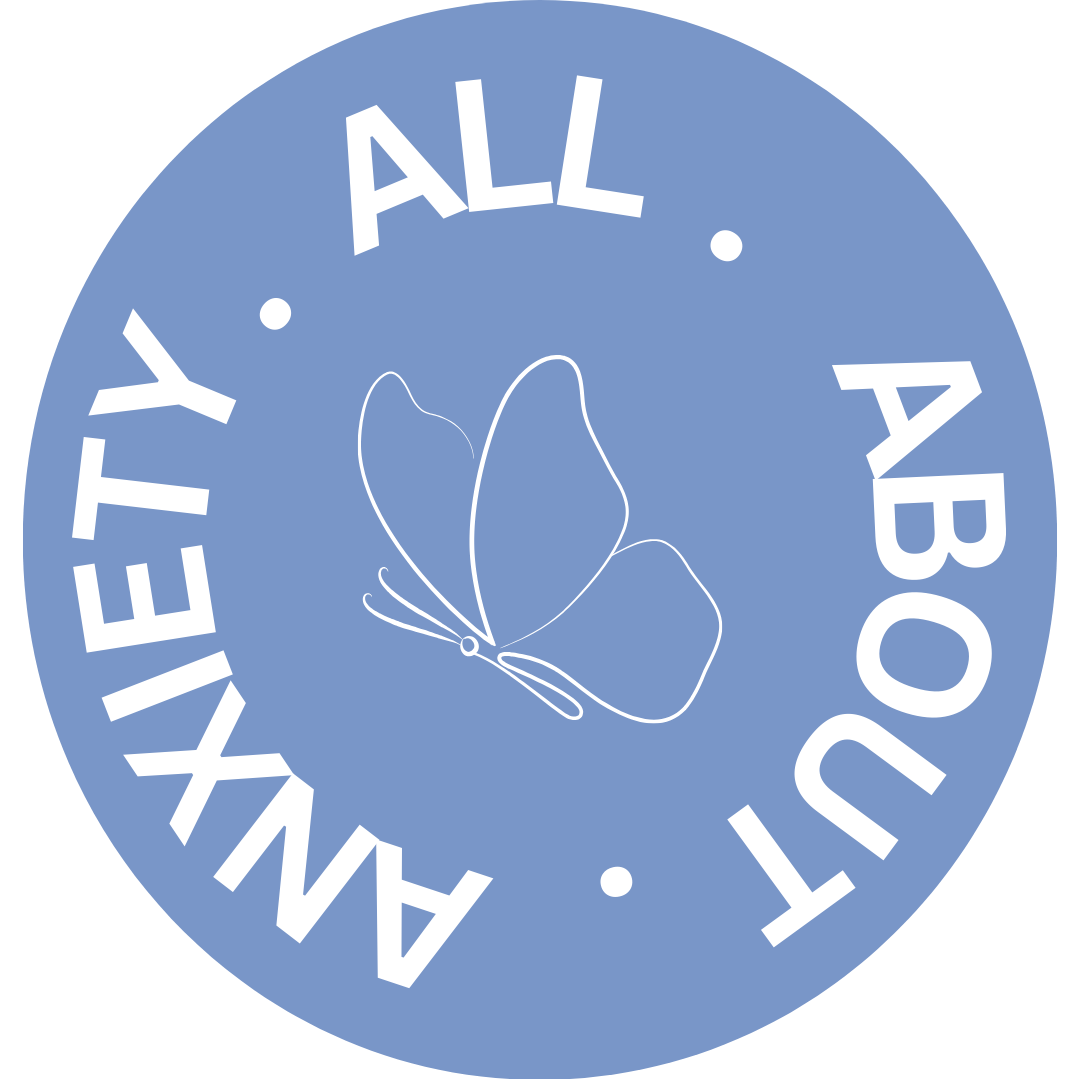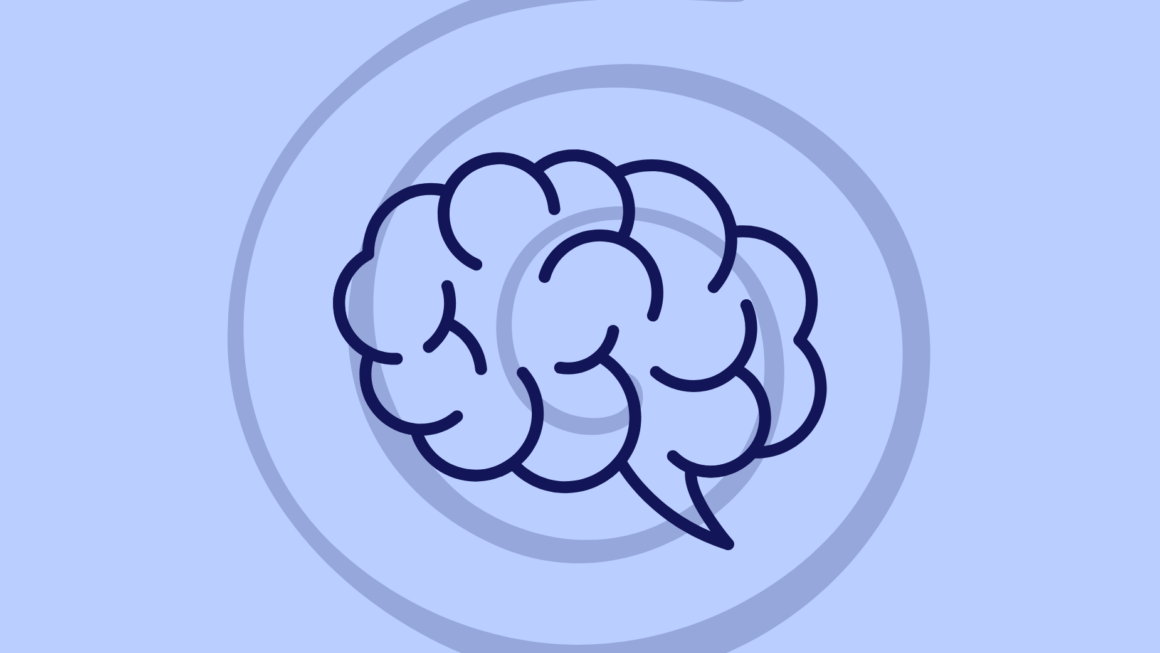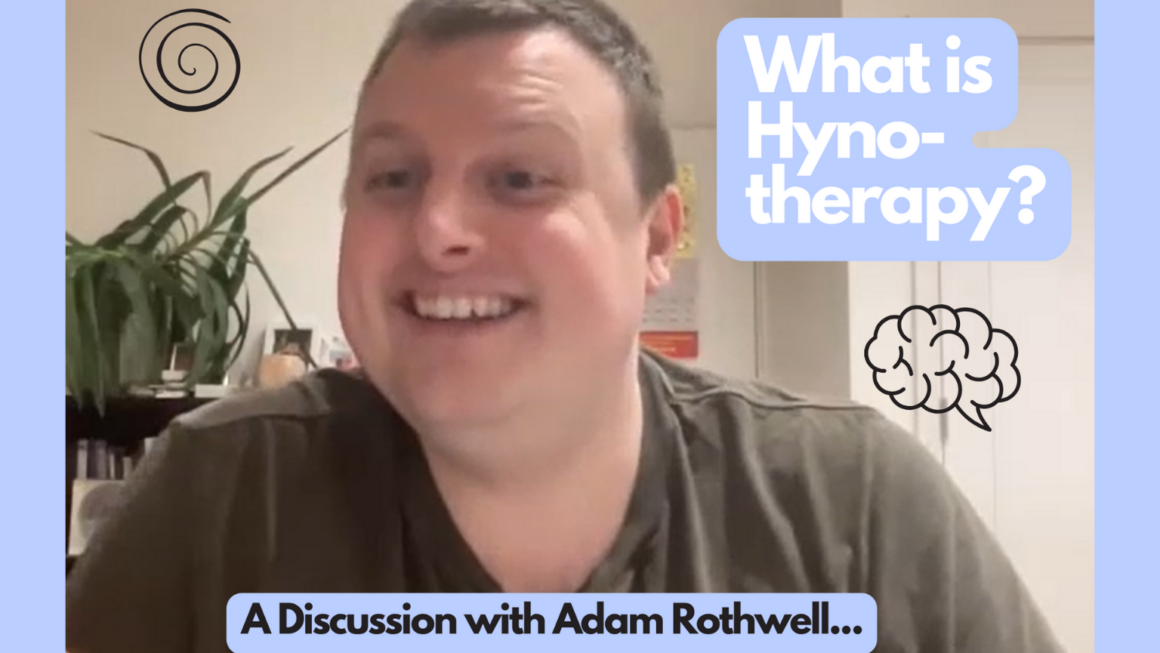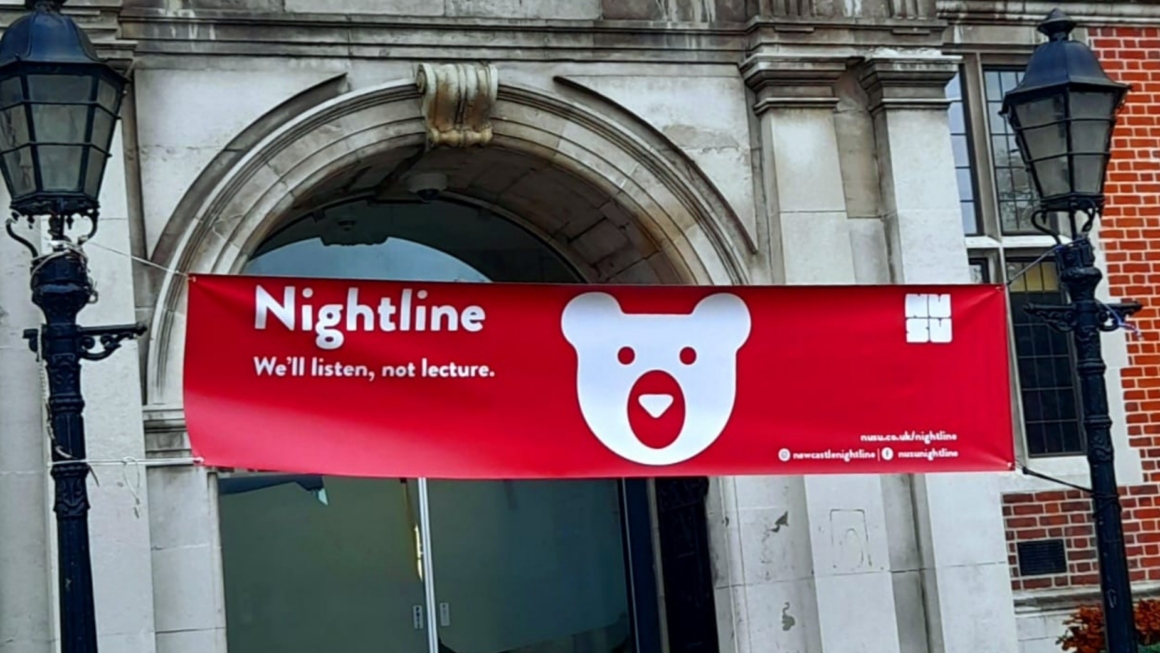Con artists, TV Magicians, and Cheap Entertainers were among the phrases that once came to mind when I heard the term Hypnosis. My perception of the practice has always been massively influenced by the media, from watching magicians on Britain’s Got Talent hypnotise Ant and Dec into forgetting a certain number to witnessing Derren Brown willing an entire room to fall asleep within seconds.
I’d never considered that hypnosis might be a genuine practice, let alone, a form of therapy. It was only when I started looking into different forms of therapy for anxiety relief that I came across ‘hypnotherapy’ and discovered its potential benefits for mental health conditions.
“Solutions and frameworks are delivered to the client after some talking via a hypnotic trance. This entials having the person completely relax and go into a mental state very similar to dreaming.”
Sian Barnard, Licenced Therapist and Director of ‘Peaceful Minds’
Before we go much further, it’s important to understand the difference between ‘hypnosis’ and ‘hypnotherapy’, a differentiation that is often misunderstood. Hypnosis is “a trance-like mental state in which people experience increased attention, concentration and suggestibility.” It’s a subconscious state that we all go into every single day, whether it be when we’re driving home from work or watching TV late at night. Hypnotherapy, however, is the use of hypnosis by psychotherapists to treat conditions such as anxiety, insomnia, depression, addiction etc.
According to studies, Hypnotherapy is said to have a 93% success rate, leading researchers to believe that it’s one of the most effective methods for helping with bad habits, negative thought patterns and behaviours, working much quicker than other forms of therapy. But the question still stands: what is hypnotherapy, and what makes it superior to other forms of therapy?
According to Newcastle-based therapist, Sian Barnard (https://peacefulminds.org.uk/), “Hypnotherapy is an eclectic therapy drawing from psychodynamic therapy, behavioural psychology, neurolinguistic programming and cognitive behaviour to name a few.”
When asked how hypnotherapy works, Sian said “Solutions and frameworks are delivered to the client after some talking therapy via a hypnotic trance. This entails having the person completely relax and go into a mental state very close to dreaming.” Through this method, psychotherapists or hypnotherapists can deliver positive messages directly to their clients, helping them to cope with multiple personal problems, from childhood trauma to phobias and general anxiety.
Regarding the benefits for University students, hypnotherapy can help with several issues. These include adjustments to the University lifestyle, sleep problems, self-confidence or addiction issues (the latter being especially relevant due to student drinking culture and the prevalence of addictive items such as vapes).
All these issues are said to be helped massively through ‘Solution-Focused’ hypnotherapy which, according to the Hypnotherapy Directory, is “a form of therapy that uses relaxation, visualisation and suggestion techniques as the centre point of the therapeutic process.” Solution-focused hypnotherapy is proven to be especially effective for anxiety disorders given that a relaxed state of subconscious makes clients far more open to receiving positive messages and suggestions.
“I definintely think hynotherapy would be an amazing option for university students…”
Adam Rothwell, Clinical Hypnotherapist with ‘Bright Futures Therapy’

Despite these benefits for students, hypnotherapy comes with its own set of issues. Given that most licensed hypnotherapists work within the private sector, sessions can be a little out of the typical student budget. Universities have yet to introduce hypnotherapy as a well-being service for students, meaning students interested in the service would have to go private, resulting in accessibility issues for those who struggle financially.
A leading reason for the scepticism from Universities, according to Clinical Hypnotherapist Adam Rothwell, is the lack of complete scientific understanding of hypnotherapy and how it works with the mind. Hypnosis and hypnotherapy have been at the centre of scientific debates for many decades, with researchers working tirelessly to explain how it works.
However, in recent years, more scientific awareness has led to a development in the understanding of hypnotherapy, specifically its benefits for pain management, addiction and mental health. If you have an over-active bowel then you’re in luck because it’s also been proven that hypnotherapy works wonders for IBS!
As someone who considers themselves as scientific and logical, I find that I’m quite sceptical of hypnotherapy because there is no clear explanation of how it works with the brain.
-2nd Year Biochemistry Student as Newcastle University
I spoke with a biochemistry student who said, “As someone who considers themselves as scientific and logical, I find that I’m quite sceptical of hypnotherapy because there is no clear explanation of how it works with the brain. I, therefore, find it difficult to believe that it would work, however, I can see how it could help someone who embraces it with a more open mind.”
Although some students may indeed be sceptical about hypnotherapy as a practice, given the lack of complete scientific understanding, I believe that for others the only thing holding them back from trying hypnotherapy is the lack of understanding and resources being provided.
Hypnotherapy as a practice is still widely misunderstood, due to the lack of complete knowledge and misinformation given through the media. However, through talking to professionals and students alike, there’s no denying that it could be an incredibly valuable service for University students to implement into their lives!




